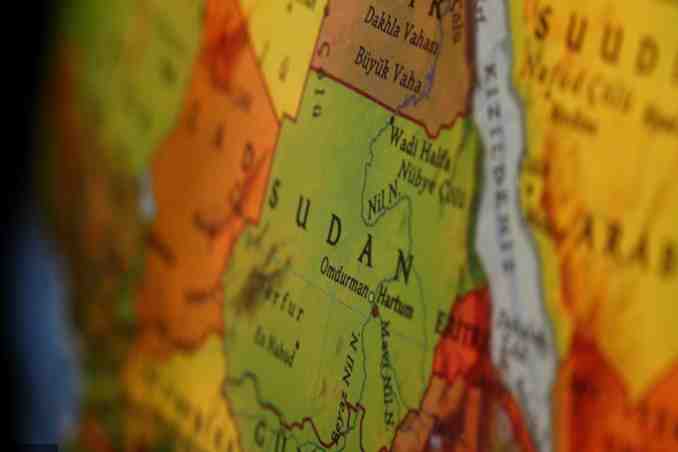Last updated on September 11th, 2021 at 07:57 am
Sudanese troops have taken back control of the al-Fashqa land. It is a rich haven for agricultural yield and gives hope to the Sudanese population. The fertility of the land is a great attraction for and wide, including the growing interest of the UAE.
But political analysts feel this could just be the beginning of another era of war preparation, as the Sudanese authorities prepare parallel infrastructure around the agricultural land. Money has poured and dozens of miles of new roads are being built already. On offer is also training programs and cheap loans for farmers.
The cotton and sorghum-producing land seem to be the key to the deadlock economy. But there are fears of the arrow hitting on a tangent and missing the target. After decades of mismanagement and isolation under ex-dictator Omar al-Bashir, Sudanese could still be under the risk of another internal strife. The agricultural land is no bigger than the Scottish capital of Edinburgh.
READMORE: On the Mediterranean Sea, Egypt opens a new naval facility
With China losing its credibility in the world market over cotton yield and bad labor-management practices, attention could have turned towards al-Fashqa, provided the political situation can remain stable. Two countries that will probably ruin each other, before the West even steps in is Ethiopia and Sudan.
According to Jonas Horner, deputy director for the Horn of Africa for the International Crisis Group, “Sudan’s moves to consolidate its presence in al-Fashqa will anger some of Ethiopia’s most powerful figures who have considerable agricultural interests in the disputed region. A full-scale conflict over al-Fashqa runs the risk of bringing in their allies and tipping off a more regional conflagration.”
Meanwhile, UAE had shown serious interest in making meaningful investments into the agri-rich land. The plans were stalled under regional strife. Interest is still strong, though one does not know how long will the peace actually last.

